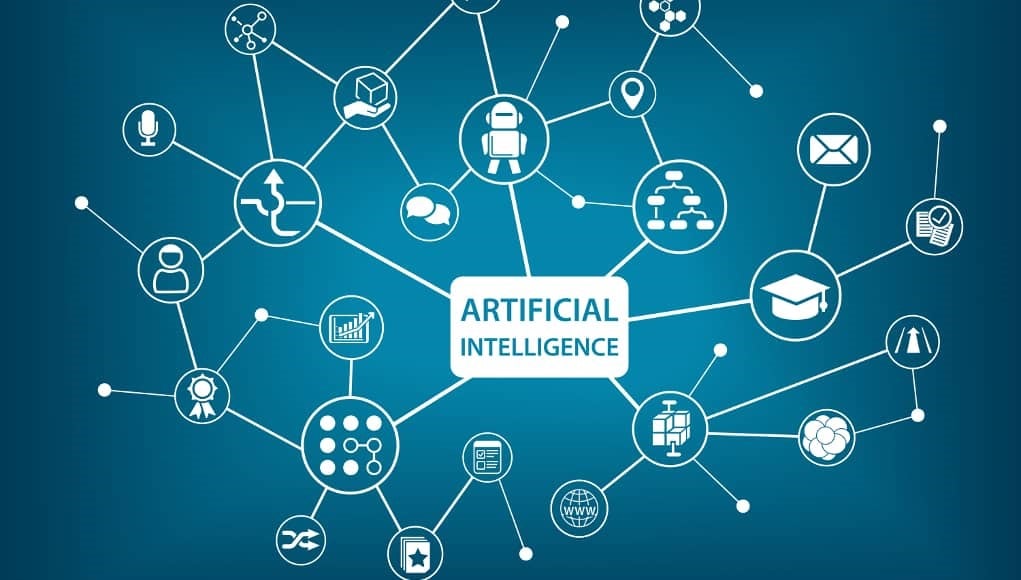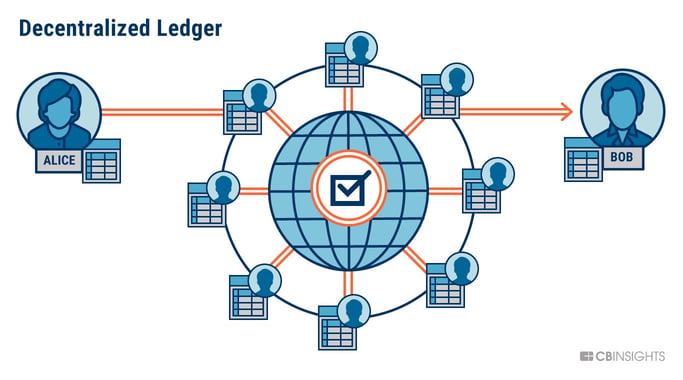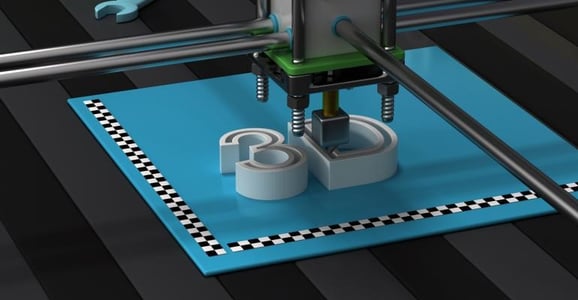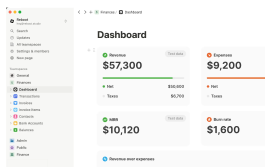Are you reading this blog on your mobile, laptop or desktop computer? Whatever the answer may be, is not relevant because technology is now in reach of many people. Now imagine the pre-printing press era, when the only privileged or ruling elite had the right to read books or any content for that matter. Later on, the innovation of the printing press made books and newspapers accessible to the general public. Now the internet has made the spread of knowledge more convenient and efficient. Let’s examine what is happening in the 21st century, which will change the future?
Artificial Intelligence
Nowadays, machines are working on algorithms and adapting changes according to the stored and used data, giving suggestions, for example, Apple Siri, Netflix, and YouTube, etc. Even self-driving cars are also in progress. Also, Google is constantly developing algorithms that will enable AI to learn to drive-through experiences as human beings do. Furthermore, artificial intelligence is also doing wonders in the health sector. For example, AI technology allows the human brain to communicate better with an attached prosthesis. Another example is IBM Watson Healthcare, which provides a safe and secure platform for doctors, patients, and pharmaceutical companies, to keep patients’ health in check with the help of the cognitive capabilities of the forum. Not just, companies are also using AI for making practical decisions, such as Coca-Cola releasing Cherry Sprite based on monitored data collected through a self-service drinks fountain, allowing customers to mix the drinks of their own choice.
Blockchain
Blockchain provides an open and decentralized database of value transactions involving money, goods, property, and votes, which is now radically challenging the status quo. It will remove the third party in sending money to your loved ones. Also, your transactions will be recorded in public, as well as, distributed ledger. This way, records will be accessible to everyone having internet, which will reduce financial fraud. It is speculated that in ten years, blockchain may be helping in tax collection. Also, making payments through cryptocurrency is convenient for customers. Many big companies like Microsoft, Subway, pay-pal, and others accept blockchain payments. Reportedly, French retail giant Carrefour has seen an increase in sales by using blockchain ledger.
“The pomelo (a citrus fruit) sold faster than the year before due to blockchain,” Emmanuel Delerm, Carrefour’s blockchain project manager, told Reuters on 3rd June 2019, “We had a positive impact on the chicken versus non-blockchain chicken.”
3D Printing
Another evolving disruptive technology is 3D printing. It is revolutionizing health care, manufacturing, art, automotive, aerospace technology and space travel. In the health sector, 3D printing is helping in manufacturing hearing aids, prosthetic limbs, and FDA-approved 3D printed drugs in the USA, etc. On the technological ground, a perfect example is spacecraft dragon’s engine chambers. Space X company, owned by Elon Musk, with the aid of 3D printing, is now designing and developing rockets and spacecraft equipment in no time.
Endless Possibilities
Imagine the possibilities of having an intelligent refrigerator ordering finished food items with the help of the internet. Imagine smart street lights that only turn on when someone’s passing or an efficient city infrastructure enables us to detect faults in contaminated drinking water, sewerage, gas and water pipelines, etc.
Possibilities are endless, and so are the challenges. Disruptive business technologies can also pose some challenges; for example, by using AI, many businesses may need less workforce so that many people may become jobless. The best option is to integrate the use of AI in a workspace with humans. On the other hand, there is much work that needs to be done in stabilizing cryptocurrency. 3D printing is cost-effective, but printing time needs to be minimized to be utilized efficiently.
Sources:
https://www.ibm.com/watson/health/
https://www.spacex.com/news







